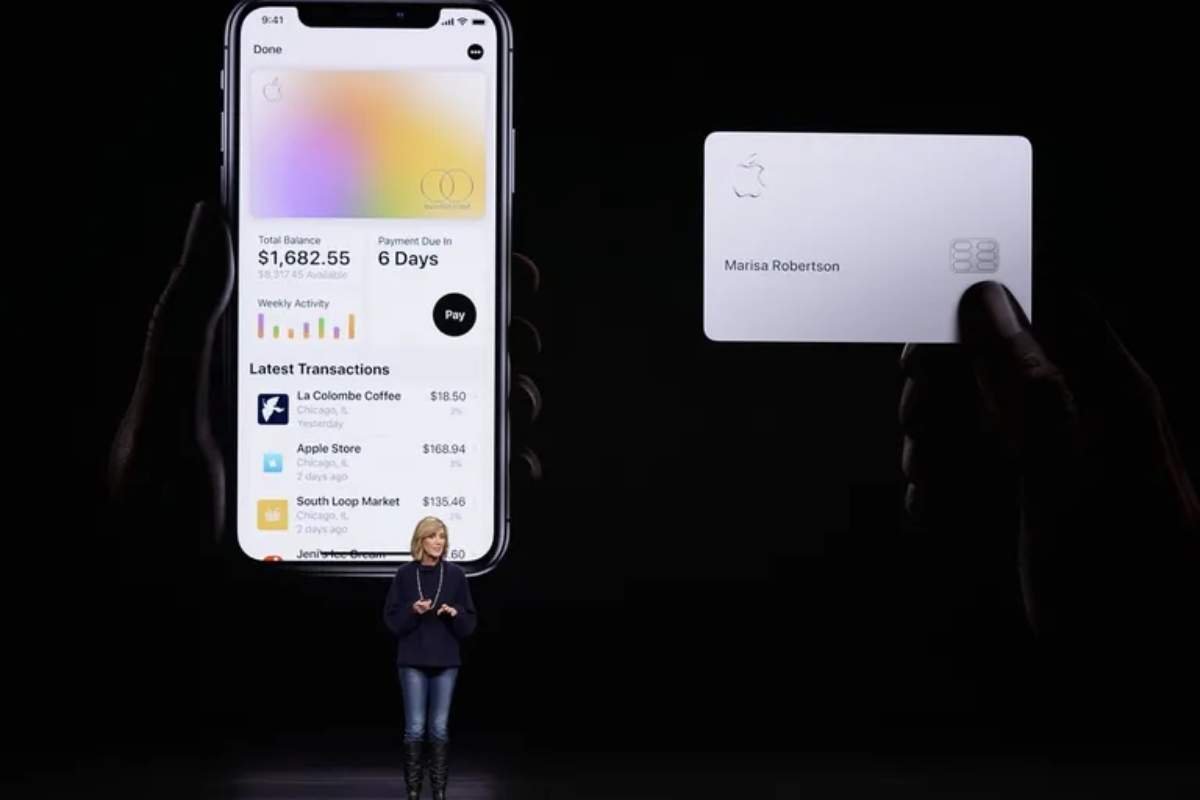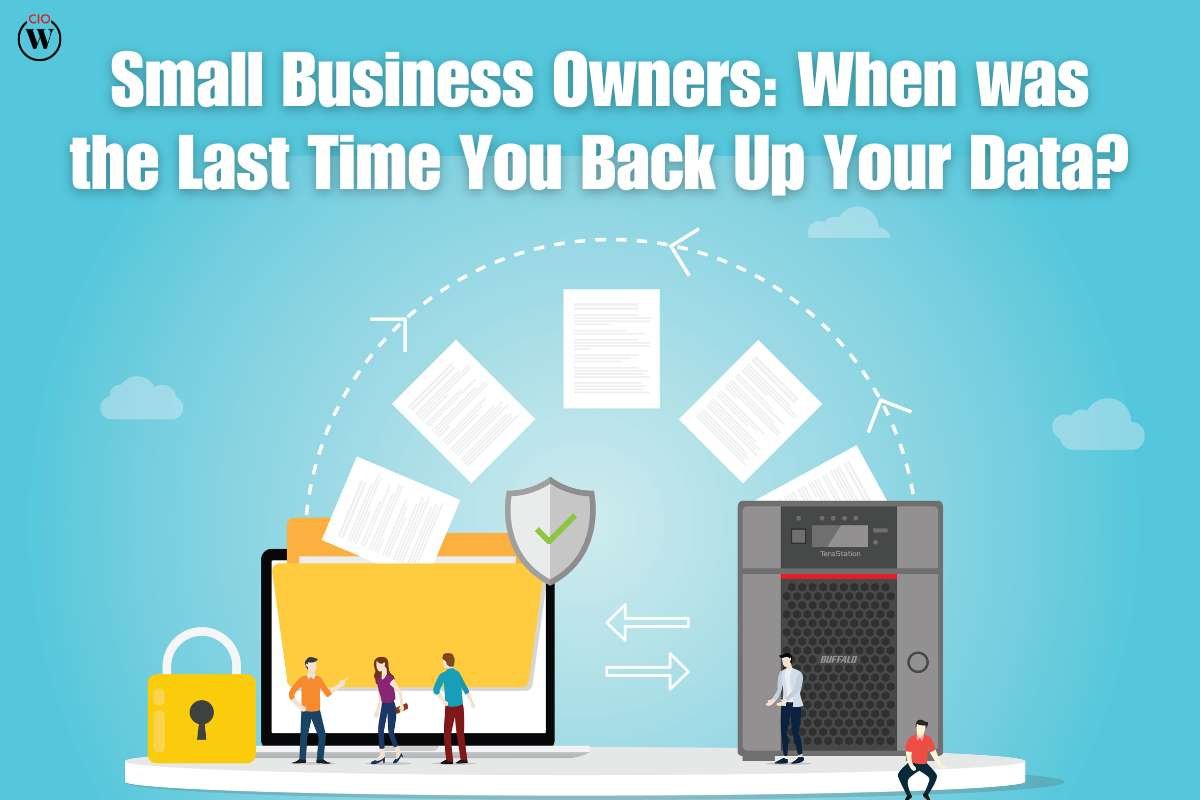Penalties and Refunds Ordered by Federal Regulators
Apple and Goldman Sachs have been penalized over $89 million following an investigation by the Consumer Financial Protection Bureau (CFPB) into their handling of the Apple Card. The penalties are divided between the two companies, with Goldman Sachs fined $45 million and Apple receiving a $25 million penalty. Additionally, Goldman is required to refund at least $19.8 million to affected customers. The inquiry found that both companies mishandled credit card operations, leading to improper customer treatment.
Goldman Sachs has also been prohibited from offering any new credit cards unless it can present a “credible plan” ensuring compliance with federal laws. The CFPB’s investigation revealed several issues, including how Goldman managed fraud claims and customer refunds in connection with the Apple Card. These practices resulted in inaccurate credit reports for customers and unresolved disputes about charges.
Issues Highlighted by CFPB’s Investigation
According to CFPB Director Rohit Chopra, both companies failed to address customer disputes appropriately. Goldman Sachs often did not follow federal protocols when disputes were raised, leaving many issues unresolved. The investigation also found that customers were misled about interest-free payment options when purchasing Apple products with the Apple Card. Despite promoting interest-free financing, many consumers were charged significant interest.
Chopra criticized the rollout of the Apple Card in 2019, calling it a failure in execution. He pointed out that Goldman Sachs had been warned of potential system issues before the launch, yet the bank decided to proceed with the product anyway. Despite these challenges, Goldman spokesman Nick Carcaterra defended the Apple Card as “one of the most consumer-friendly credit cards ever offered,” emphasizing that the bank has addressed the technical and operational issues that arose.
Financial Impact and Future Challenges
The $45 million fine imposed on Goldman is relatively small compared to the bank’s recent financial performance. In its third-quarter earnings report, Goldman announced $3 billion in profits and $13 billion in revenue. However, the bank faces ongoing challenges in its consumer banking sector, from which it is gradually retreating. Last quarter, Goldman set aside $397 million to cover credit losses, a significant increase from previous periods.
In recent developments, Goldman sold its General Motors-branded credit cards to Barclays for a $415 million loss, and it has signaled plans to exit its Apple-branded cards in the future. The regulatory scrutiny on Goldman’s credit card operations began in 2022, focusing on issues related to billing disputes, refunds, and reporting to credit bureaus. Other government agencies have since joined the investigation, intensifying the pressure on Goldman’s consumer banking ambitions.
Some Goldman executives have reportedly blamed Apple for the increased regulatory focus, citing challenges in handling customer-service requests due to Apple’s billing structure. According to The Wall Street Journal, the decision to send Apple Card bills at the start of each month has left Goldman staff overwhelmed with customer inquiries.









